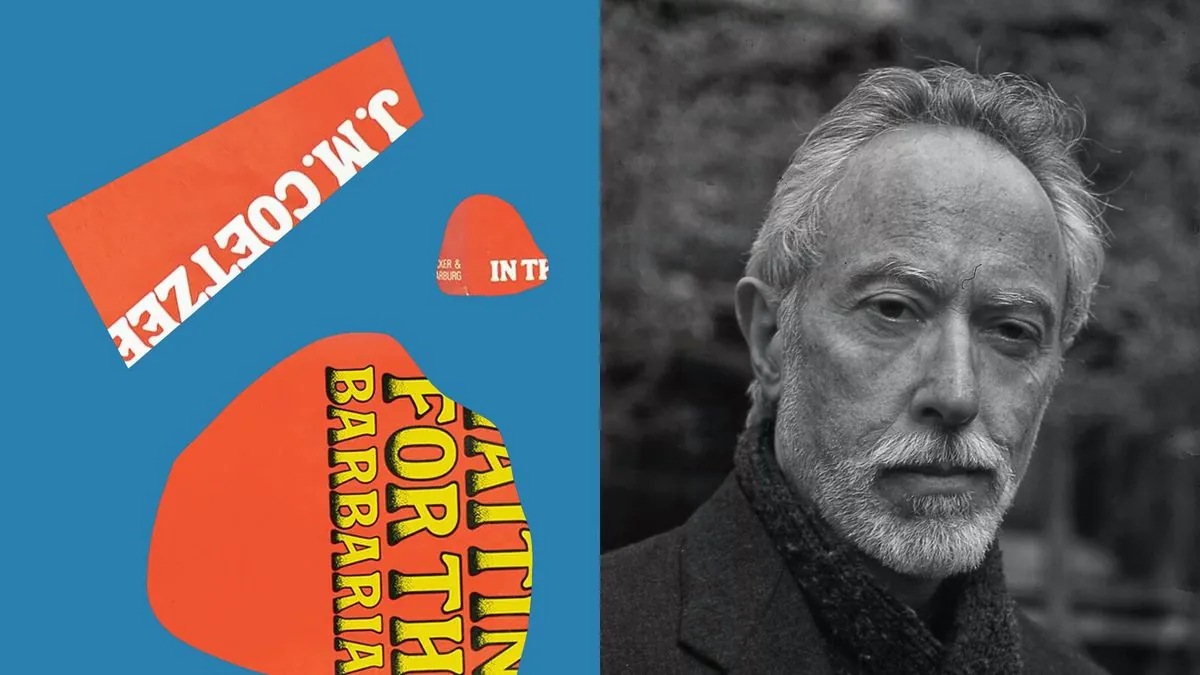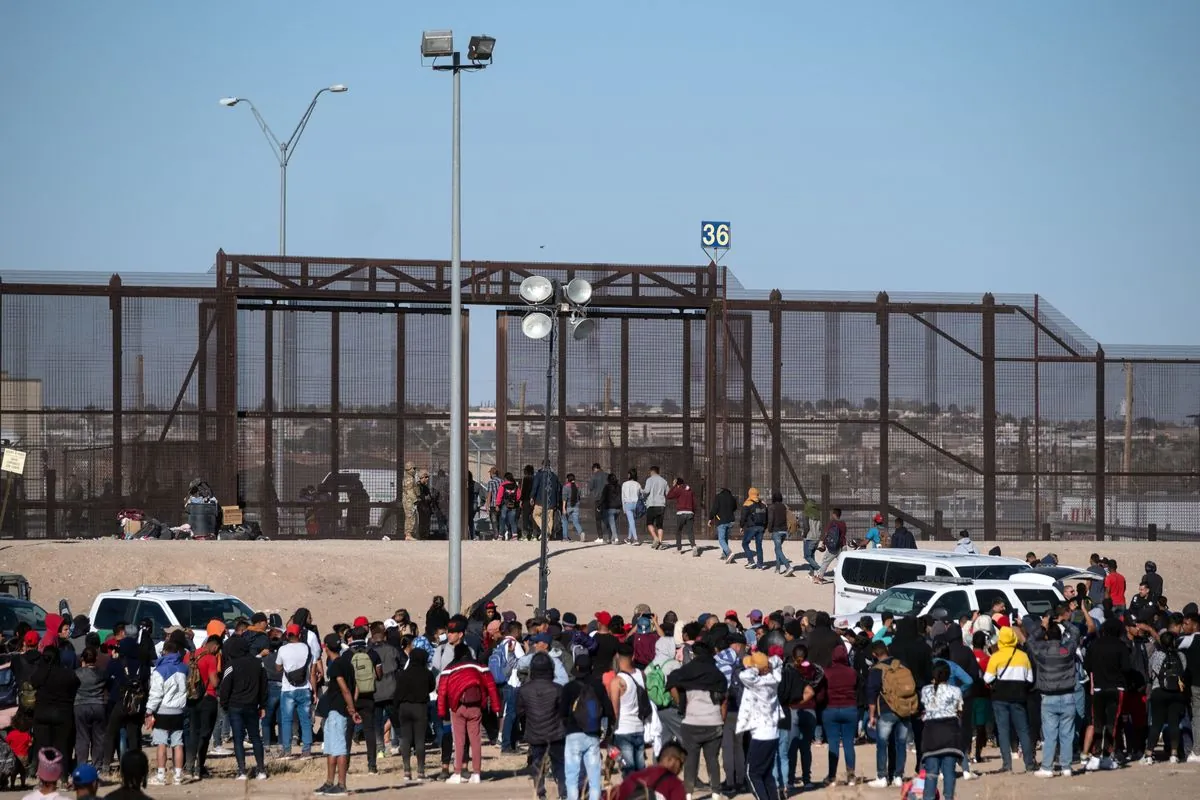Coetzee's 'Barbarians': A Mirror to Modern Far-Right Violence
J.M. Coetzee's 1980 novel "Waiting for the Barbarians" draws parallels to current far-right violence in the UK. The story illustrates how fear and propaganda can turn peaceful communities against each other.

In light of recent far-right violence against foreigners in the United Kingdom, J.M. Coetzee's novel "Waiting for the Barbarians" offers a poignant reflection on the roots of such conflicts. Published in 1980, the book remains strikingly relevant 44 years later.
Coetzee, a South African-born novelist who received the Nobel Prize in Literature in 2003, explores the mechanisms behind societal violence in this compact yet powerful work. The novel demonstrates how communities, fed a steady diet of lies and racial prejudices, can form distorted images of strangers that bear little resemblance to reality.
The story centers on a magistrate in an unnamed Empire's border settlement, where peaceful coexistence with nomadic tribes is the norm. This delicate balance is shattered when Colonel Joll, a paranoid bureaucrat, arrives convinced of an impending barbarian attack. His actions, driven by unfounded fears, lead to the imprisonment and torture of innocent people.

Coetzee's narrative serves as a stark warning about the ease with which zealots can turn peaceful communities against one another. By planting false rumors and embedding them in narratives about sovereignty and security, they create an atmosphere of fear that citizens are all too willing to believe.
The novel's relevance extends beyond its original context of apartheid South Africa. It speaks directly to current issues, such as the "far-right thuggery" recently condemned by UK Prime Minister Keith Starmer. When politicians and media outlets consistently demonize migrants and asylum-seekers, the consequences can be severe, potentially leading to attacks on Muslim communities, burning of asylum centers, and public displays of Nazi salutes.
"All my life I have believed in civilized behaviour."
Coetzee's work underscores the responsibility of democratic institutions to maintain balance between diverse communities. Democracy, at its core, is a system designed to prevent different groups from turning against each other. The novel serves as a reminder that the real danger to society often comes from within.
"Waiting for the Barbarians" has gained international recognition, being translated into over 20 languages and adapted into both an opera by Philip Glass in 2005 and a film in 2019. Coetzee's sparse and allegorical writing style has earned him numerous accolades, including two Booker Prizes.
While the novel's message may not be optimistic, it emphasizes the importance of perseverance in the face of societal challenges. As democracies grapple with the rise of far-right ideologies, Coetzee's work serves as a timely reminder of the dangers of unchecked fear and prejudice.


































